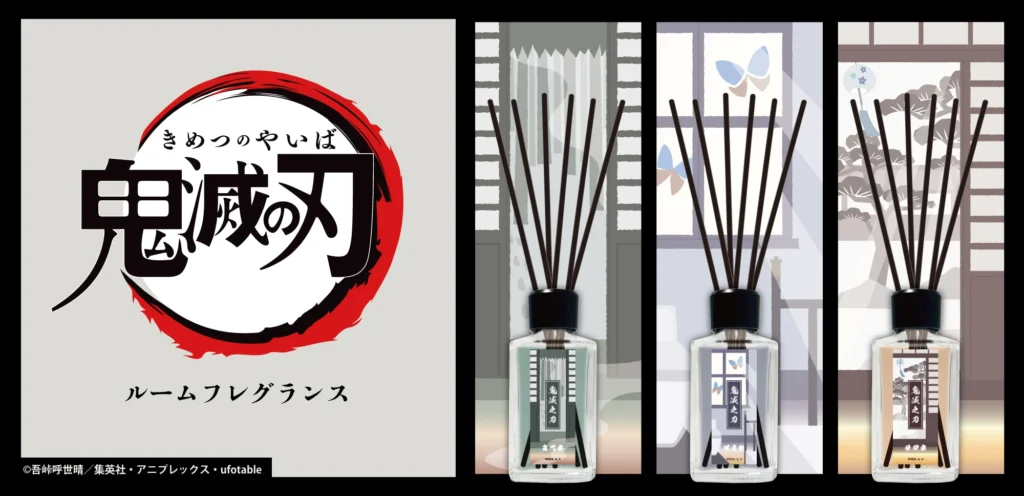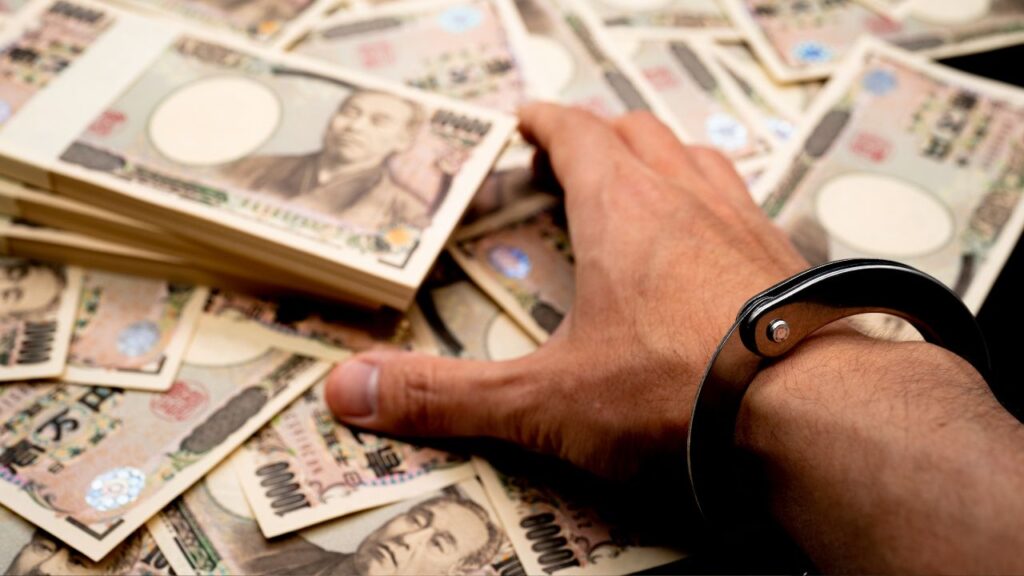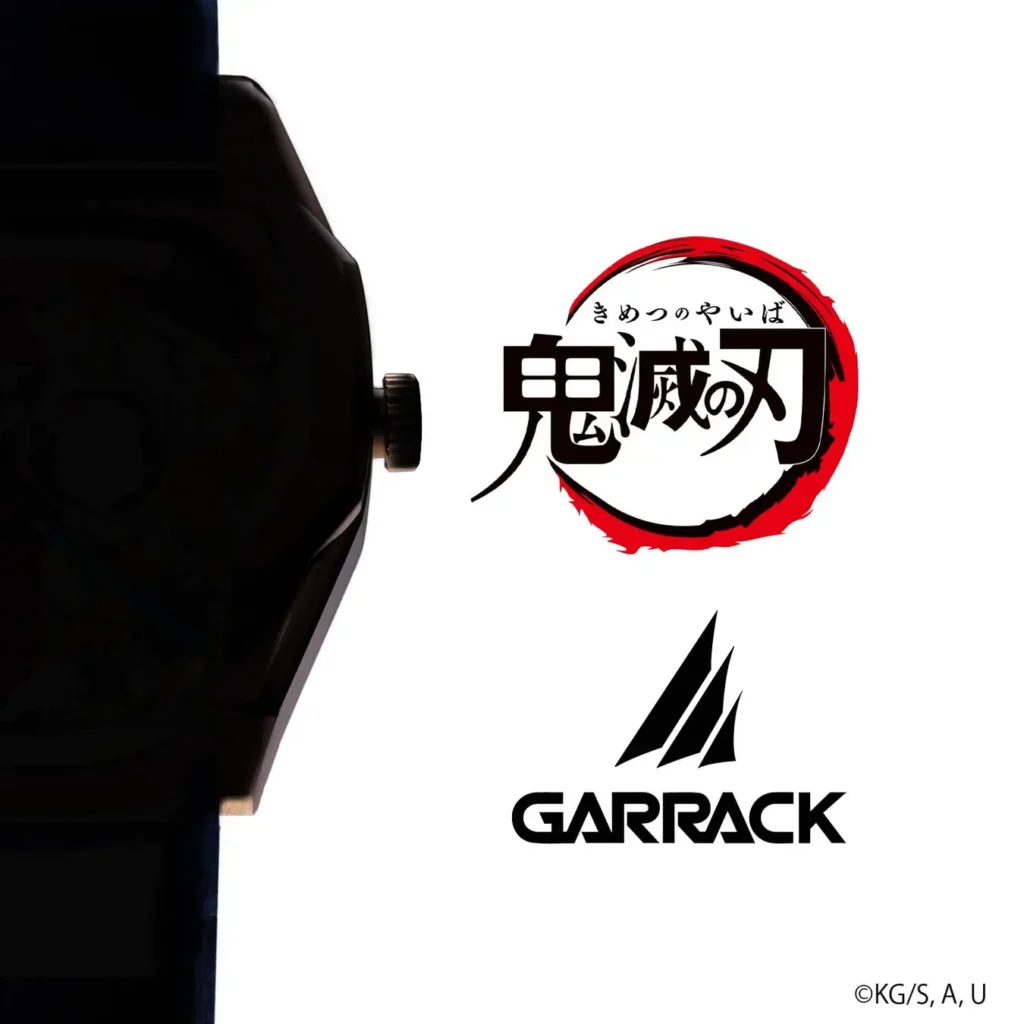Two men arrested for defacing Niigata’s historic Bandai Bridge
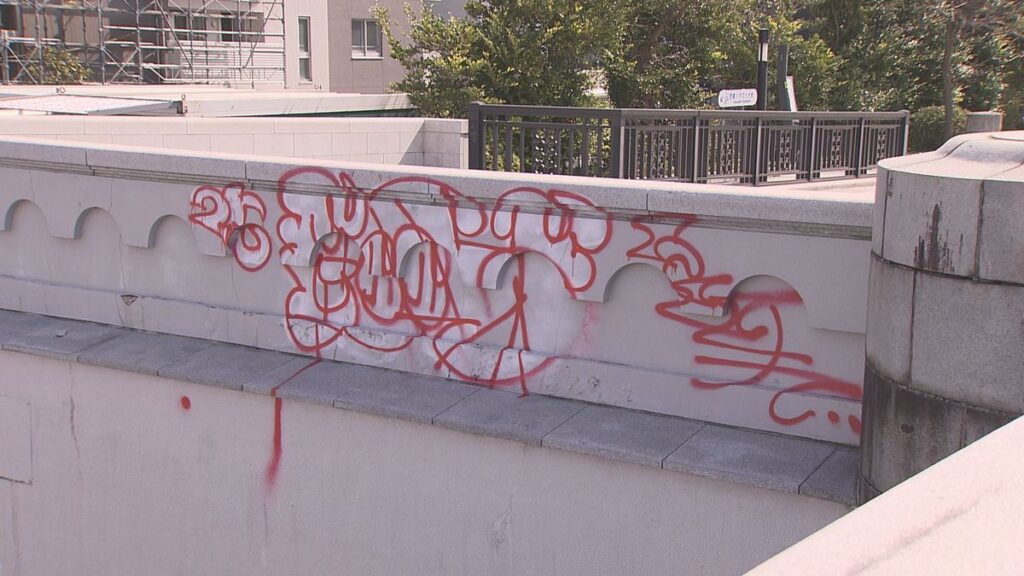
Two men have been arrested for allegedly defacing the Bandai Bridge in Niigata City, a nationally designated Important Cultural Property and a symbol of the city.
The two 19-year old suspects, an unemployed man and a vocational school student, both from Kanagawa Prefecture, were apprehended on suspicion of violating the Cultural Properties Protection Law and property damage.
According to police investigations, the pair allegedly conspired to spray-paint graffiti on the wall of the bridge plaza on the right bank of the downstream side of Bandai Bridge using red and white paint between approximately March 20th and March 24th.
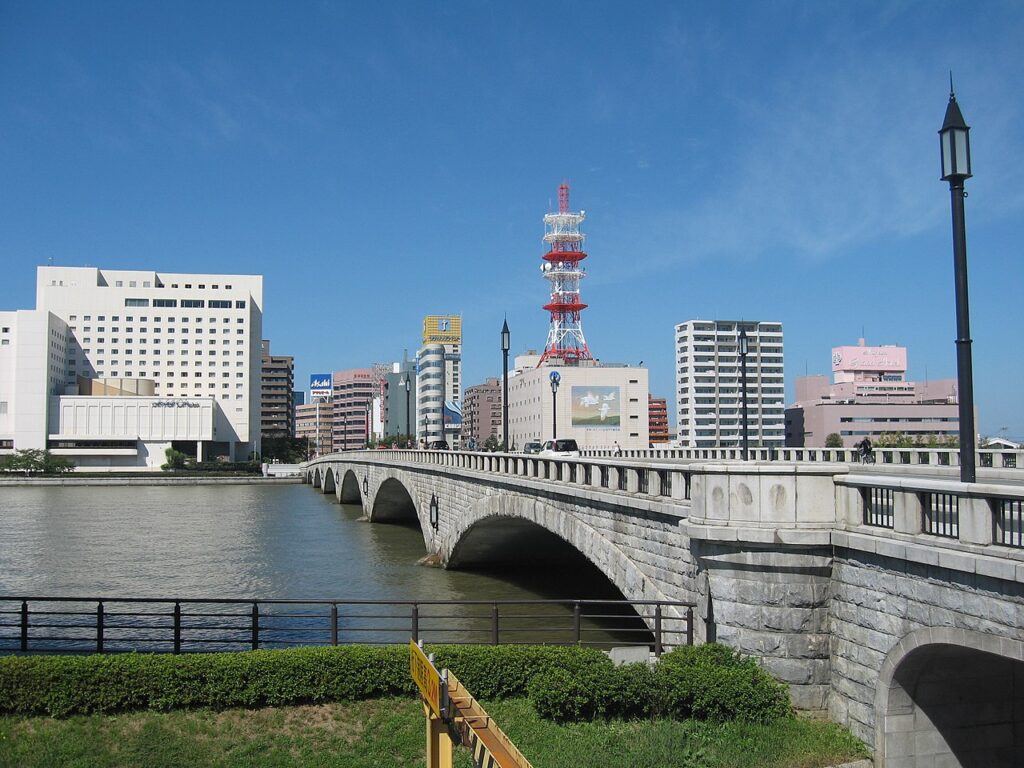
Additionally, they are suspected of using white paint to deface the downstream railing of the bridge itself, an act that constitutes a violation of the Cultural Properties Protection Law due to the bridge’s significant cultural status.
Police report that the two men have largely admitted to the allegations.
Notably, these arrests come after the same two individuals were apprehended on April 4th on suspicion of vandalizing a building in the Furumachi district, the downtown area of Niigata City.
Sources indicate that the two men were in Niigata for a driving license training camp at the time of the incidents.
Authorities have also discovered graffiti in two other locations on the Bandai Bridge.
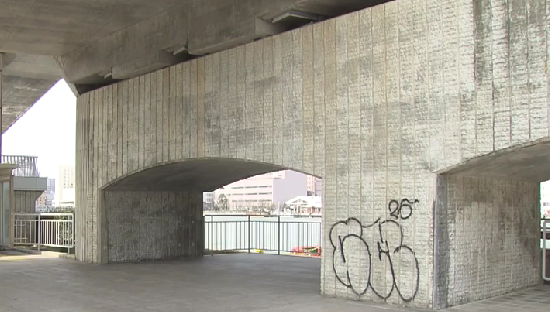
Similar graffiti has been found in other areas of Niigata City’s central district, prompting police to investigate potential connections between these incidents.
The Bandai Bridge, a stone arch bridge spanning the Shinano River, has been a landmark of Niigata for over a century and holds significant historical and cultural value, leading to its designation as an Important Cultural Property by the Japanese government.
Vandalizing such a site carries serious legal consequences under Japanese law, which aims to protect and preserve the nation’s cultural heritage for future generations.
This incident has sparked concern among local residents and authorities regarding the respect and preservation of their cultural treasures.
Source: NTV

This post may contain affiliate links, and Essential Japan may earn a commission if you purchase through them.

